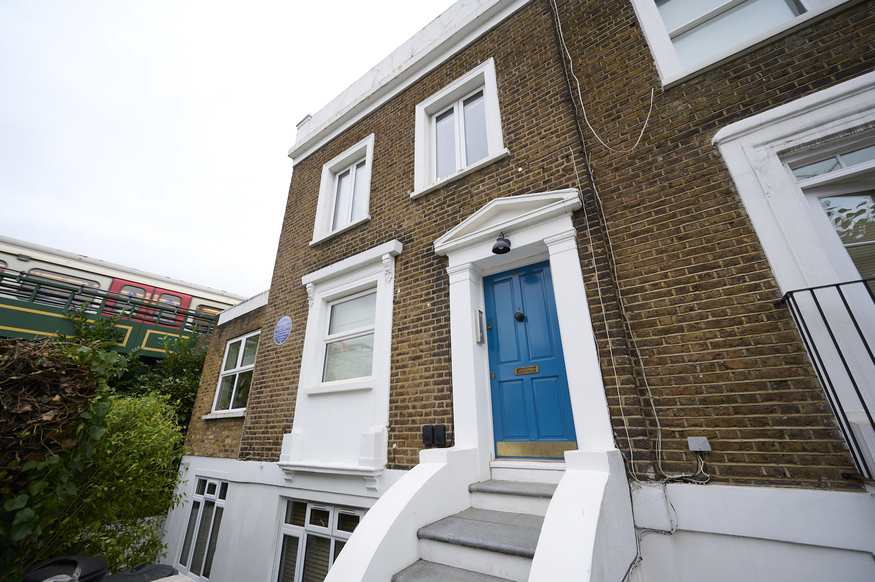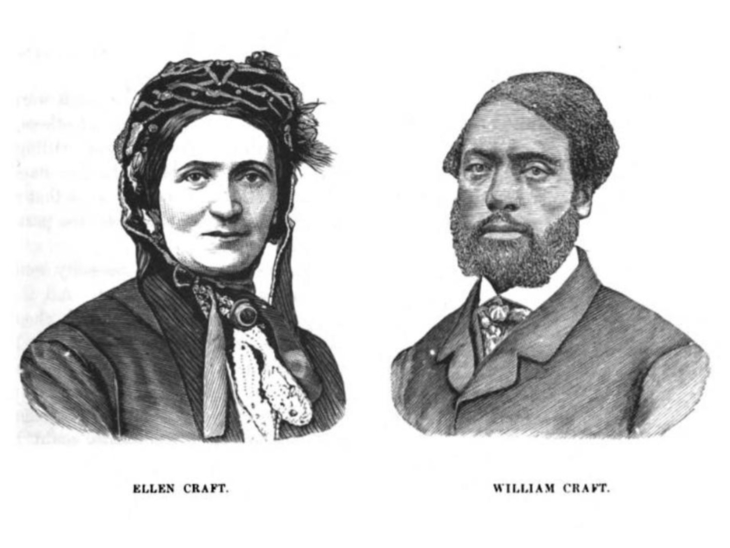
An unassuming mid-Victorian house with the District line rattling by now bears a blue plaque commemorating two of its remarkable former residents.
In December 1848, African-American freedom fighters Ellen and William Craft made a perilous escape from enslavement in Georgia, USA.
Ellen disguised herself as a disabled white man, while William posed as her manservant. Against all odds, the couple travelled 1,000 miles, swerved dangerous pursuers, and made it to England, where they lived for a time in Hammersmith. It was here that they helped organise the abolitionist group, Ladies' London Emancipation Society.

English Heritage unveiled the plaque at 26 Cambridge Grove in Hammersmith, acknowledging that more needs to be done to address the fact only 4% of the 975+ blue plaques in London are currently dedicated to Black and Asian people.
Says Gus Casely-Hayford, English Heritage Blue Plaque panel member and founding member of the blue plaque's BAME working group: "With the help of the public, we hope to see more blue plaques on the streets of London to communities who have previously been under-represented in history."

After making it to safety, the Crafts did much to campaign against the evils of slavery; recounting their death-defying trip on the anti-slavery lecturing circuit, and publishing a joint autobiography, Running a Thousand Miles for Freedom.
The Crafts returned to Boston in 1869, later setting up the Woodville Cooperative Farm School in Bryan County, Georgia, for the children of those who had been emancipated after slavery was abolished, but who still regularly suffered racist attacks.




